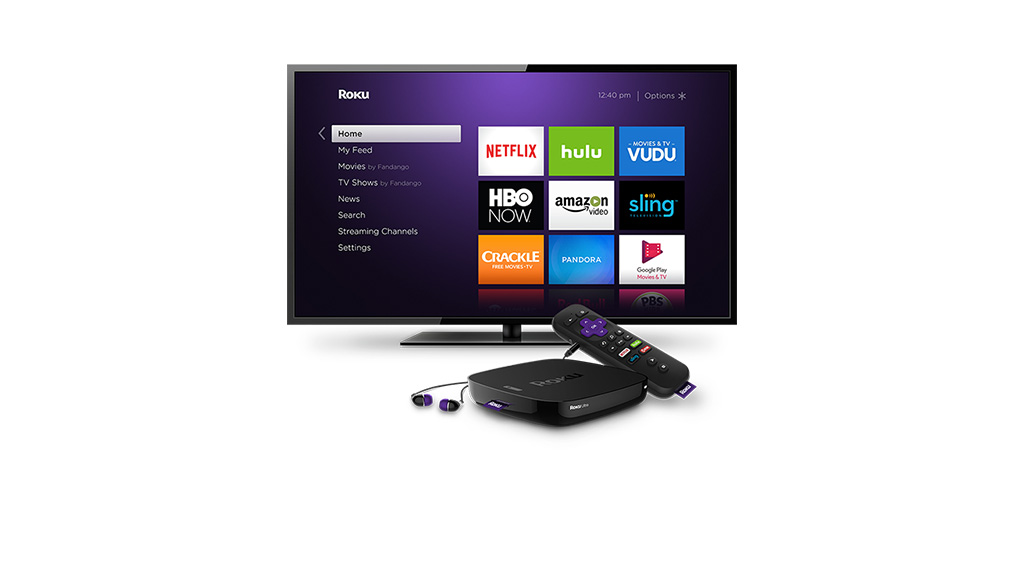The value of Roku stock fell by around 20% on its earning announcement, despite beating analyst expectations. Investors, who had seen the value of shares triple since it went public in September 2017, were apparently disappointed that the company still expects to make a loss in 2018.
Roku, founded in 2002, is now in its sixth generation of streaming player, available as a box and a stick, and in software licensed directly to television manufacturers.
The business is focused on selling players and licensing its platform to increase active accounts.

Net revenue for 2017 was up 29% year-on-year to $513 million and a loss of $63 million. In the fourth quarter Roku received net revenue of $188 million and reported an operating income of $9 million.
The number of active Roku accounts grew to 19.3 million at the end of 2017, up 44% on the previous year. One in five smart televisions sold in the United States included the Roku TV system. In 2017, Roku users streamed 14.8 billion hours of video, up 59% year-on-year. That works out at an average of over 17 hours a week per account.
Average revenue per user, primarily from advertising, grew to $13.78 but that is over 12 months, so a little more than a dollar per month.
Roku forecast total net revenue for 2018 of between $660 and $690 million, with a net loss of $40 to $55 million.
“The world continues to move to streaming which is great for Roku,”
Anthony Wood, the founder and chief executive of Roku, told analysts. “Our mission is to be the streaming TV platform that connects the entire TV ecosystem as all TV viewing moves to streaming.”
“The shift to streaming is creating huge opportunities for Roku,” he said. “We plan to reinvest our increasing gross profit into areas we view as growth drivers during this time of transition to OTT. We also plan to operate the overall business at or near breakeven in 2018, as we did in 2017 and continue to strive the right balance is investing in future growth and minimizing losses.”
He pointed out that with 19.3 million active accounts, Roku would rank third among traditional television subscription operators in the United States.
However, Comcast and DIRECTV have annual video revenues of tens of billions of dollars in comparison.
